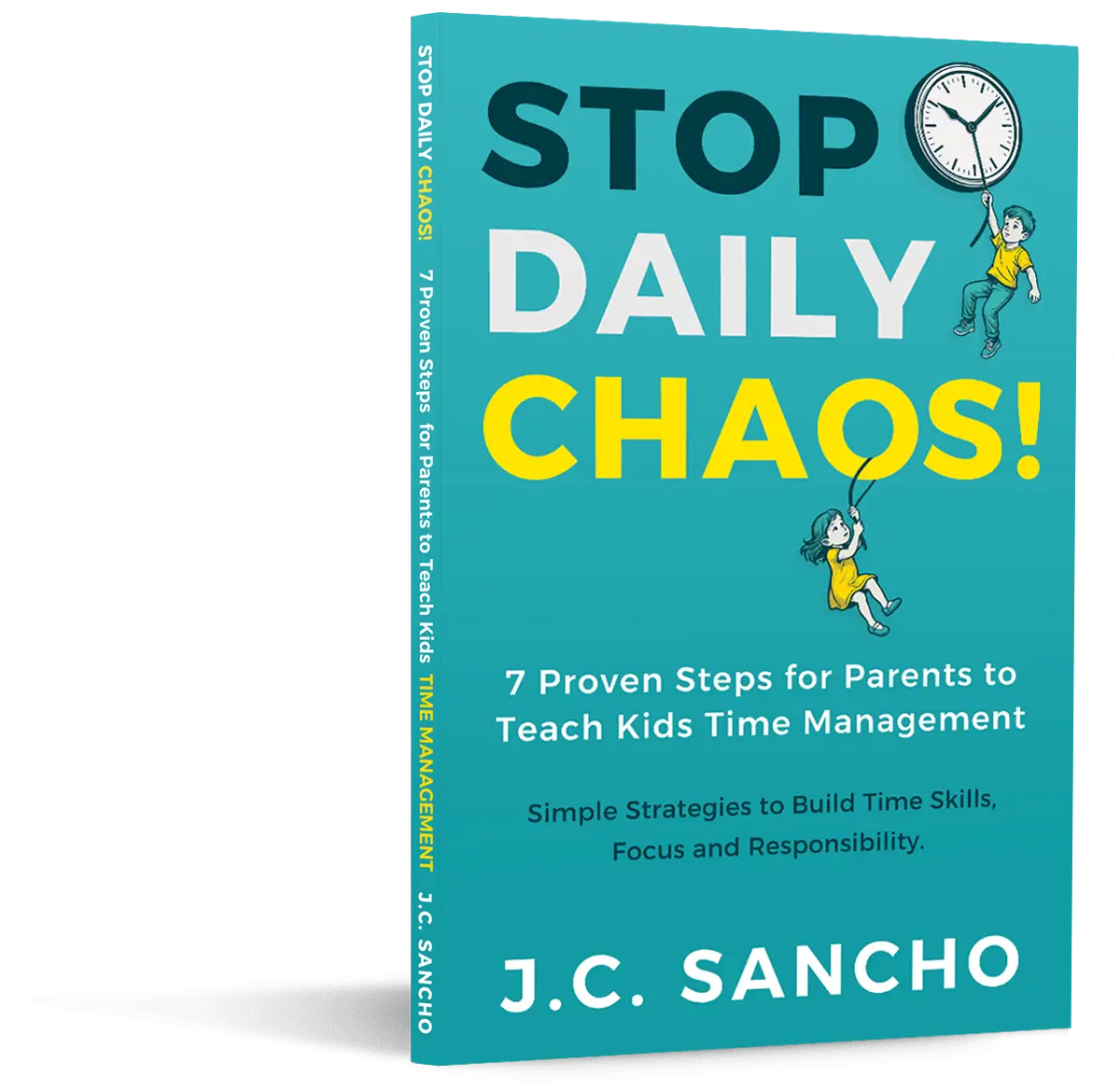When the school year ends, children celebrate freedom from academic pressures, yet parents face a familiar challenge: how to keep kids engaged, learning, and growing during long summer months. Summer offers boundless opportunities for exploration, creativity, and skill-building—but without intentional structure, many children experience learning loss that affects their confidence and readiness for the next school year.
With thoughtful planning and a balanced approach, families transform summer into a season of discovery rather than academic regression. Preventing learning loss does not require recreating school; it requires creating a rich environment filled with meaningful experiences, active thinking, and hands-on learning.
Understanding Summer Learning Loss
Summer learning loss—often called the “summer slide”—refers to the decline in academic skills when children spend extended time away from structured learning. Studies show that children may lose up to 20 percent of reading gains and 27 percent of math gains over the summer. These losses accumulate year after year, creating skill gaps that widen as students progress through school.
The issue is not about constant study. It is about keeping children intellectually active, engaged, and curious. When learning continues through lived experiences, play, reading, and real-world application, children retain knowledge and build new skills naturally.
Why Preventing Learning Loss Matters
Preventing the summer slide supports:
• Stronger academic confidence
• Smoother transitions into the next grade
• Better long-term reading and math stability
• Healthier executive function
• Reduced stress when school resumes
Summer learning does not need rigid schedules or worksheets. Instead, the goal is to create a stimulating environment through conversation, exploration, and purposeful play.
Practical Strategies to Prevent Summer Learning Loss
Parents can support learning in simple, impactful ways. These strategies blend naturally into everyday life and support reading, math, science, creativity, and critical thinking.
Foster a Strong Love for Reading
Reading is the most effective way to maintain academic skills during summer. Consistent reading strengthens vocabulary, comprehension, writing, and imagination.
Build a daily reading routine
Set aside a specific time for reading each day. Even fifteen minutes makes a measurable difference when practiced consistently.
Give children reading choice
Interest drives motivation. Let your child select books that match their curiosity—graphic novels, nonfiction, mysteries, fantasy, sports stories, or biographies. Choice encourages engagement and builds intrinsic motivation.
Create a reading-rich environment
Keep books accessible around the house. Visit libraries, explore reading challenges, or join local book events.
Reading becomes enjoyable when it feels personal rather than assigned.
Keep Math Skills Sharp With Play and Real Life
Math learning thrives through hands-on activities, puzzles, and everyday problem-solving.
Puzzle and logic games
Games such as Sudoku, tangrams, logic boards, or code-breaking puzzles strengthen pattern recognition, reasoning, and critical thinking.
Cooking together
Recipes teach measurement, fractions, ratios, and sequencing. Asking children to double or halve ingredients strengthens understanding of proportionality.
Board games and card games
Games like Monopoly, Yahtzee, or Uno reinforce counting, probability, and strategic thinking.
Math stays sharp when it becomes part of daily life rather than formal instruction.
Explore Science Through Real-World Experiences
Summer offers endless opportunities to strengthen scientific curiosity.
Nature walks and outdoor exploration
Children observe patterns in plants, rocks, insects, clouds, and water. Encourage them to classify findings or keep a nature journal.
Home-based experiments
Simple activities—building a vinegar-and-baking-soda volcano, testing buoyancy in the bathtub, or experimenting with magnets—spark fascination with chemistry, physics, and biology.
Gardening
Gardening teaches plant cycles, soil science, measurement, and responsibility.
Science stays alive when children observe how the world works.
Avoiding Common Summer Planning Pitfalls
Even with the best intentions, certain habits can hinder summer learning. Awareness prevents frustration and builds smoother routines.
Over-Scheduling
A child’s brain needs downtime. Too many camps, lessons, or structured activities create stress and limit space for creativity. Aim for balance—periods of activity paired with stretches of free play.
Turning Summer Into School at Home
Traditional academic drills—worksheets, forced reading, rigid schedules—often backfire. Summer learning must feel engaging and meaningful. When activities become a source of pressure, motivation drops.
Choose experiences that blend learning with joy, discovery, and natural curiosity.
Lack of Consistency
Learning thrives through small, steady habits. Instead of sporadic effort, create simple routines that carry through the entire summer—daily reading, weekly science exploration, occasional math games, and creative time.
Consistency prevents regression.
Deepening the Summer Learning Experience
For families ready to enrich summer further, deeper strategies elevate skill-building and broaden children’s worldviews.
Encourage Cultural Exploration
Cultural immersion builds empathy, curiosity, and global awareness.
Examples include:
• Visiting museums, historical sites, or cultural festivals
• Exploring new foods and traditions
• Reading folktales or stories from diverse cultures
• Attending concerts or local performances
Exposure to new experiences expands thinking and strengthens cognitive flexibility.
Develop a Summer Curiosity Project
A curiosity project lets children dive into a topic they love—dinosaurs, space, architecture, marine biology, sports science, engineering, or art.
Support the project by:
• Providing books
• Finding videos or documentaries
• Visiting related locations
• Encouraging hands-on exploration
• Creating a final presentation or model
Projects build research skills, creativity, and perseverance.
Strengthen Executive Function Through Daily Routines
Executive function—the set of skills that supports organization, planning, memory, and self-control—develops through repeated practice.
Summer routines that support executive function include:
• Making a simple daily checklist
• Assigning age-appropriate responsibilities
• Planning part of the weekly schedule together
• Organizing personal items
• Setting small goals and reflecting on progress
These habits help children return to school with confidence and stability.
Parent Questions Answered
I’m not a teacher. How can I help my child learn during summer?
You don’t need formal training. Everyday activities—reading, cooking, exploring nature, playing games, having conversations—are powerful learning tools. Children learn best through real-life engagement.
I don’t have much free time. How can I keep my child stimulated?
Use routine activities: grocery shopping, meal preparation, cleaning, organizing, or gardening. These tasks naturally involve reading, math, science, and communication. Online resources also provide self-guided learning opportunities.
How do I prevent boredom from derailing learning?
Boredom can spark creativity. Offer open-ended activities—art supplies, building materials, puzzles, or nature journaling—before structured tasks.
Do I need to plan a full schedule for summer?
No. A few steady habits—reading daily, practicing math through play, exploring science weekly—make a significant impact.
Moving Forward With Confidence
Summer provides a valuable opportunity to strengthen curiosity, reinforce academic skills, and build new interests. Preventing learning loss does not require a strict academic structure; it requires a nurturing environment where exploration, creativity, and connection thrive.
When families emphasize curiosity over pressure and consistency over intensity, children maintain what they’ve learned and step into the new school year with confidence.
Further Reading
• American Academy of Pediatrics (AAP): Summer Safety and Activities
https://www.aap.org
• Centers for Disease Control and Prevention (CDC): Keep Kids Active
https://www.cdc.gov
• Mayo Clinic: Children’s Nutrition
https://www.mayoclinic.org
• Child Mind Institute: Executive Function Resources
https://childmind.org



